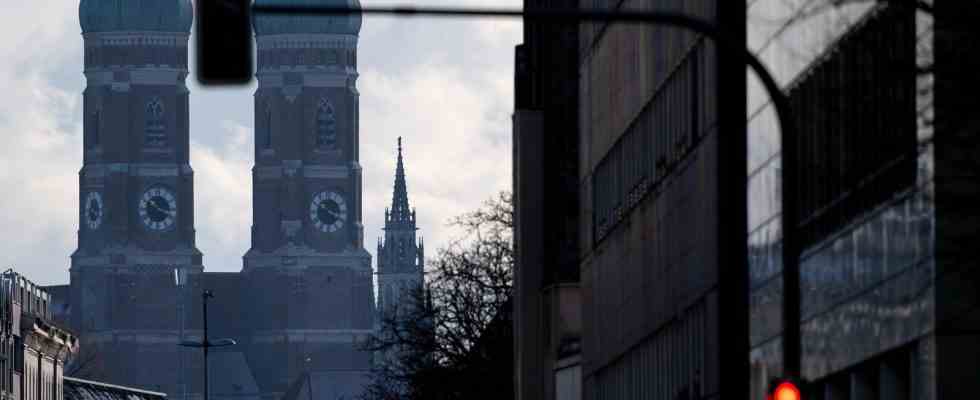This article is continuously updated and updated.
In their investigations in connection with the abuse report in the archdiocese of Munich and Freising, the Munich I public prosecutor’s office has at times also led the former archbishops Friedrich Wetter and Joseph Ratzinger as suspects. However, the investigation into possible aiding and abetting the abuse was discontinued, according to the public prosecutor’s office.
There was no sufficient suspicion of criminal acts by the church personnel managers. Ratzinger, later Pope Benedict XVI, was Archbishop of Munich and Freising from 1977 to 1982, and Wetter headed the archdiocese from 1982 to 2007.
Six cases examined intensively
Specifically, the investigators had intensively investigated six cases in which abusers had continued to be used in pastoral care and there were subsequently indications of renewed offenses that had not yet become statute-barred. In such cases, it is at least possible that personnel managers have made themselves liable to prosecution for aiding and abetting these acts, explained senior public prosecutor Hans Kornprobst at a press conference. However, the hurdles to criminal liability are very high.
In five cases, according to the public prosecutor, the possible acts of abuse were already statute-barred or could not be proven. In one case, it could not be proven that Cardinal Wetter knew about allegations of abuse beforehand and still left the priest on duty. In connection with this case, the public prosecutor’s office also searched the ordinariate, i.e. the administrative authority of the archdiocese, as well as the archbishop’s palace and thus the official residence of Cardinal Reinhard Marx at the end of February.
Chief Public Prosecutor refers to “dark field”
Kornprobst said the abuse report from the Westpfahl Spilker Wastl law firm was certainly of great importance for the church’s internal processing and the social debate. “However, for our work, for law enforcement, this data was of very, very little use.” Many of the cases described in the report were statute-barred or not relevant under criminal law, while others were already known to the judiciary.
Experience shows that acts of abuse are “hardly ever cleared up or discovered through the evaluation of files,” “but as a rule through the aggrieved party filing a criminal complaint and thus starting an investigation.” At the same time, the senior public prosecutor referred to a dark field: “We have to assume that by no means all cases were reported.”
“No special criminal rights” for church
At the same time, Kornprobst rejected allegations that the judiciary would treat the church with kid gloves. No public prosecutor in his office has “inhibitions about investigating a clergyman or other member of the church”. The church has no special rights under criminal law.
The Chief Public Prosecutor certified that the Archbishop’s Ordinariate had made an effort to support the investigation. There is no evidence that the church withheld relevant documents from the public prosecutor’s office. “Rather, the action of the diocese throughout the investigation was characterized by unrestricted cooperation and also supported by an unconditional will to clarify.”

